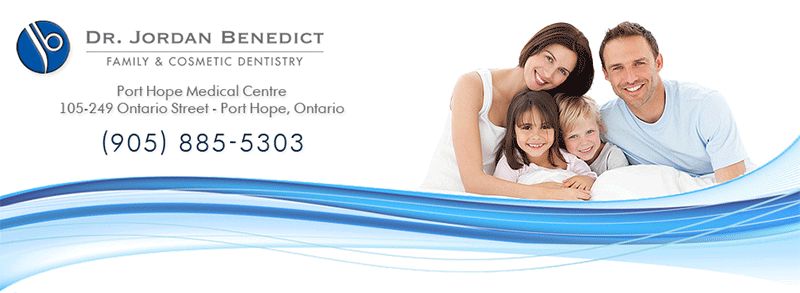Aging and your Oral Health
As we age, many factors are involved in how it impacts our body. Our teeth and oral health is no exception. It is a myth that as you age, losing your teeth is inevitable. With proper care and maintenance, your teeth can last you a lifetime.
Some physiological changes that you may notice include symptoms of xerostomia (dry mouth), periodontitis, root and coronal caries, and increased sensitivity to certain drugs that are used in dental care. It is important that older adults continue to focus on the prevention of cavities and prevention of gum disease.
Fortunately, with new technological and scientific advances, preventative dentistry is helping maturing adults keep their natural teeth for much longer. This article will walk you through some important symptoms to notice and what preventative measures you can take to prevent oral diseases and overall good health.
Physiological changes
In general, health problems become more persistent as we age, which leads to the use of multiple medications. Many of these can have a detrimental effect on your oral health. Hundreds of medications list dry mouth (xerostomia) as a side effect. Dry mouth can lead to symptoms of bad breath, cracked lips, fissured tongue, irritation and infection of oral tissue, as well as make eating and swallowing difficult. Xerostomia can be combated through:
- Drinking more water throughout the day.
- Limiting alcoholic beverages and beverages high in sugar and caffeine.
- Smoking less.
- Chewing sugarless gum or sucking on sugarless candies.
Please consult our dental team before using over-the-counter artificial saliva products.
Another health problem you may notice includes dimming of the teeth. This change is due in part to the yellowing of the dentin inside the tooth that can show through the enamel, especially as it thins and cracks with age. The enamel itself gets stained by coffee, tea, red wine, and tobacco. Some measures you can take to prevent this include:
- Dental bleaches that contain peroxide. This can be purchased over-the-counter or through your dentist.
- Whitening toothpaste and rinses offer temporary solutions that can lift superficial stains.
Please speak to your dentist before deciding on a bleaching method as many products can contain ingredients that can irritate sensitive gums and teeth, and may not provide the desired results.
Furthermore, root caries (tooth decay) is a common physiological change that you may experience as you age. Studies have shown that older adults are at greater risk for developing root caries due to poor oral hygiene, lack of dexterity, and a switch from complex to simple sugars. "Approximately 50% of persons aged older than 75 years of age have root caries affecting at least one tooth." This can also increase the risk of xerostomia, as mentioned previously. Some symptoms that you may notice include an increase in gingival recession and exposed root surfaces. There are several steps you can take to prevent the development of root caries, such as maintaining good oral hygiene and brushing with a rotating/oscillating toothbrush. You should also increase your attention towards your dietary intake.
During menopause, women can experience declining hormone (estrogen and progesterone) levels, which can increase the risk for osteoporosis (bone disease) and be linked to oral problems such as dry mouth and bone loss, as well as becoming more vulnerable to gum disease. Women are more sensitive to the presence of plaque and bacteria around the gums when the hormone levels are high. Untreated, ongoing inflammation leads to bone loss around the teeth and tooth loss. However, this can be avoided with proper treatment and everyday care for your oral hygiene.
Gum disease and cavities are the most important things to look out for as you age, especially since they occur at a slow pace and can occur over time with no indication of pain. These conditions are also linked to heart disease, respiratory disorders, and strokes. If left undetected, it can do a great deal of damage to your health. Please check with your dentist if you are experiencing any abnormal symptoms such as bleeding gums when you're brushing, gums that have pulled away from the teeth, changes in the fit of your partial dentures, constant bad taste or breath, and/or gums that feel tender/red/swollen.
Healthy mouth, healthy smile
With the changes listed above in mind, here is a round-up of things you can do to maintain and improve your overall oral health so you can feel confident and satisfied with your smile, regardless of your age. The habits that should be maintained regularly include:
If you have a family member, spouse, and/or friend who has difficulty maintaining a healthy mouth on their own, you can help them by reminding them to brush/floss daily as well as visiting a dentist regularly. If they have difficulty caring for themselves, talk to a dentist/hygienist who can help provide tips or suggest a different approach to caring for the elderly and disabled. If they are wearing dentures, pay close attention to their eating habits. If they are having trouble chewing or not eating as much as usual, they may be experiencing denture problems.
|

